Finally, it’s an open conversation; menopause. Like periods and pregnancy, menopause is now shared, well-researched, and accepted as a life stage every woman will tackle. Today, thanks to education and science-backed research into the effects of hormones on our lives, editor Trudi Brewer shares the latest research, supplements, and targeted skincare in celebration of Menopause Awareness Month.
Image BeautyEQ
Menopause, which was once upon a time referred to as ‘the change’, is no longer the end of a woman's youth and vitality. A normal life stage that billions of women face and embrace. I have shared my own personal experience of menopause in the same way I have covered every aspect of female-centric narratives, from career advice to beauty trends, wellness and cosmetic treatments. But for decades, menopause was never on my radar until I was in the thick of it. I realised a few years ago that I was in the dark about the topic and a life stage that 1.1 billion women worldwide experience.
According to recent research, it seems many women still don’t know what’s going on in their bodies. This week in Menopause Awareness Month, a recent US survey from Clue, the women-led period and cycle tracker app, revealed just how little we still understand about our menstrual cycle, menopause, and more. “Too many women and people with cycles are left in the dark about what’s happening in their own bodies,” says board-certified OBGYN and Chief Medical Officer at Clue, Charis Chambers, MD. “They’re misinformed, dismissed or confused, especially when it comes to conditions like PCOS or major transitions like menopause.”
That transition from perimenopause to menopause happens over a decade for some women, and it can begin in your late 30s. It's a time when oestrogen levels, the essential female hormone, start declining. For some, it’s the start of hot flashes, mood swings, and irregular periods. Perimenopause can last for decades. But it's when you haven’t had a period for 12 months that it’s the signal you’re in menopause. It’s also when women are at the peak of their careers, and motherhood and for most, traversing the busiest times of their lives.
While menopause is becoming well-researched, each of us experiences different symptoms, including insomnia, mood swings, depression, anxiety, brain fog, weight gain, joint pain, itchy skin, vaginal dryness, migraine headaches and pain during intercourse. That's not all; bone loss accelerates, and then there is pervasive dryness in the skin, nails, cuticles, throat, mouth, and eyes, as well as thinning hair. Research suggests that oestrogen may help to protect the brain from Alzheimer's. Blocking some of the harmful effects of the amyloid-β protein, which builds up and causes brain cells to become damaged or die. According to the Australian Menopause Society, women are more likely to have more debilitating conditions like osteoporosis, migraines, depression, multiple sclerosis, and brain tumours. Also, Multiple studies suggested a possible link between asthma and sex hormones. Most notable is the fact that adult-onset asthma is more common in women than in men. Some studies have found a peak incidence of asthma at around age 40, which is commonly the age of the menopause transition, whereas other studies found a peak at the average age at menopause, which is 51.
While the symptoms and effects of menopause aren’t a one-size-fits-all, ahead of World Menopause Day, October 18, we wanted to update you on science-backed supplements to mood-boosting rituals, from the wellness brands at the care and advice Health Hub at Life Pharmacy that may be worth adding to your daily routine.
What is H.R.T., (hormone replacement therapy)?
From oral medication to transdermal patches (which allow the medication to bypass the liver), gels, viginal creams and sprays. Only a doctor can prescribe H.R.T. medication, and the type of medication varies depending on your age, health conditions, and whether you have had a hysterectomy.
Today’s formulations mimic the natural hormones in a woman’s body, like estrogen and progesterone, which the body stops producing during perimenopause and menopause. H.R.T. is manufactured from bio (body) hormones derived from plants, and has the same chemical structure as our hormones, as well as the same benefits and risks. If you are considering hormone replacement therap,y it’s best to discuss this with your GP.
Supplements
If H.R.T is not for you, there are natural supplements to support the symptoms of menopause. While they are not a replacement for HRT, some natural extracts may still be helpful. The list is long: L-theanine, St. John’s wort, pollen extract, Asian ginseng, Maca, Omega-3 fatty acids, plant phytoestrogens (or ‘natural estrogen’ replacements), and vitamin D.
Myregyna Together Pack 2pcs - $200
I was lucky to meet the founder of Myregyna (pronounced mirra-gyna), cell biologist Dr Iona Weir. As passionate about menopause as she is about cell signalling, gut health, and immunology, her 34 years of experience and a PhD from the Cancer Research labs of the University of Auckland have made her a serious scientist. She discovered that the normal cellular process of apoptosis (essentially cell renewal, where a fresh cell is born, ages, and then dies) in plants could be reversed and later applied to human cancer and immune cells. Her once passion project quickly gained acclaim from her peers, and is now available as menopause support products: Myregyna Hydrating Cream and Myregyna Postmenopausal Dietary Supplements. These non-hormonal, science-backed solutions were invented here in New Zealand, and every natural ingredient can be traced to its source. Made to help women with the challenges of menopause and post-menopause, these products were developed through her company, Weir Science, when she observed remarkable effects on the skin with her naturally derived, patented Myrecil ingredient. Myrecil is made through a botanical fermentation process using bee pollen, coconut water, coconut oil, and honeydew honey, prebiotics, probiotics, essential vitamins (A, B complex, C, D, E, F, H and K), minerals (calcium, iron, magnesium, potassium), amino acids, fatty acids, and enzymes. This patented ingredient creates bioactive isomers that work to reset the skin's natural cell renewal. The Hydrating Cream was created to combat dry vaginal skin, subject to cracking, thinning, and tearing post-menopause. The supplements are a blend of potent antioxidants, four probiotics, and the ingredients above. They were made to support the internal effects of menopause, such as urinary tract health, and encourage strong hair and nails, which weaken as we age, regardless of menopause. Both the natural cream and supplements are manufactured in line with TGA, MEDSafe GMP (Good Manufacturing Practices), and are safe to be used with Hormone Replacement Therapy (HRT).
This is one supplement that has helped me during that hormonal transition. It’s during menopause that the adrenal glands (the stress indicator in your body) need additional support. A naturopath formulated this one-a-day tablet, which contains a unique combination of four herbs to support various menopausal challenges, such as mood, sleep, mental clarity, and temperature changes. These include: red clover, Indian pennywort and Rhodiola root extract as well as Chaste tree fruit extract, traditional medicine for women's health conditions, including menstrual pain, premenstrual tension and infertility. One of Clinician’s claims to fame is that their supplements are not boosted by talc, only pure natural ingredients.
Skincare
Estrogen drops when menopause hits, and this hormone is responsible for stimulating skin cells, such as the fibroblasts that produce collagen and elastin. These proteins are the essential cushion that keeps skin looking firm and fresh. It’s not only collagen and elastin that decline with estrogen decreases, but also the natural production of hyaluronic acid and ceramides, which trigger dryness, wrinkling, and sadly, skin sagging. Here are the skincare brands we rate for targeting the effects of menopause.
No7 Menopause Skincare Instant Radiance Serum, $65
Accessible and reasonably priced, No7 is well-known for its extensive research and top-selling skincare lines for all skin types, including mature skin. Its latest Menopause Skincare has been co-created with more than 7,000 menopausal women to ensure that it addresses their biggest skin concerns. It’s the ingredients known as phytoestrogens, which aren’t hormones and don’t contain estrogen. Instead, their antioxidant and anti-inflammatory plant extracts help the skin act more like it did pre-menopause. How? With a peptide Matrixyl 3000+ complex, hyaluronic acid, lipids, and nourishing ceramides. It also contains soy isoflavones, vitamin B3 (niacinamide), which strengthens the skin's barrier, and vitamin B5 and mondo grass extract, which help replenish skin moisture. But its genius is the cooling rollerball applicator that feels refreshing as it glides the lightweight formula across skin.
The range also includes a Nourishing Overnight Cream, $65, and Firm & Bright Eye Concentrate, $50. No7 is available exclusively at Life Pharmacy.
This all-natural cream is featured in our Best Beauty Buys for many reasons: it was made with sensitive skin in mind, a common symptom of menopause. The organic blend of plant-based peptides from chamomile and fermented COSMOS-certified jasmine flowers smooths fine lines, while skin-loving New Zealand avocado oil and healing Manuka honey leave a trail of rich moisture on dry skin. Lastly, it smells divine. The Jasmine essential oil can promote relaxation by acting on the brain's GABA receptors, similar to sedatives. This helps reduce anxiety and improve sleep —menopause aside, who doesn’t want that?



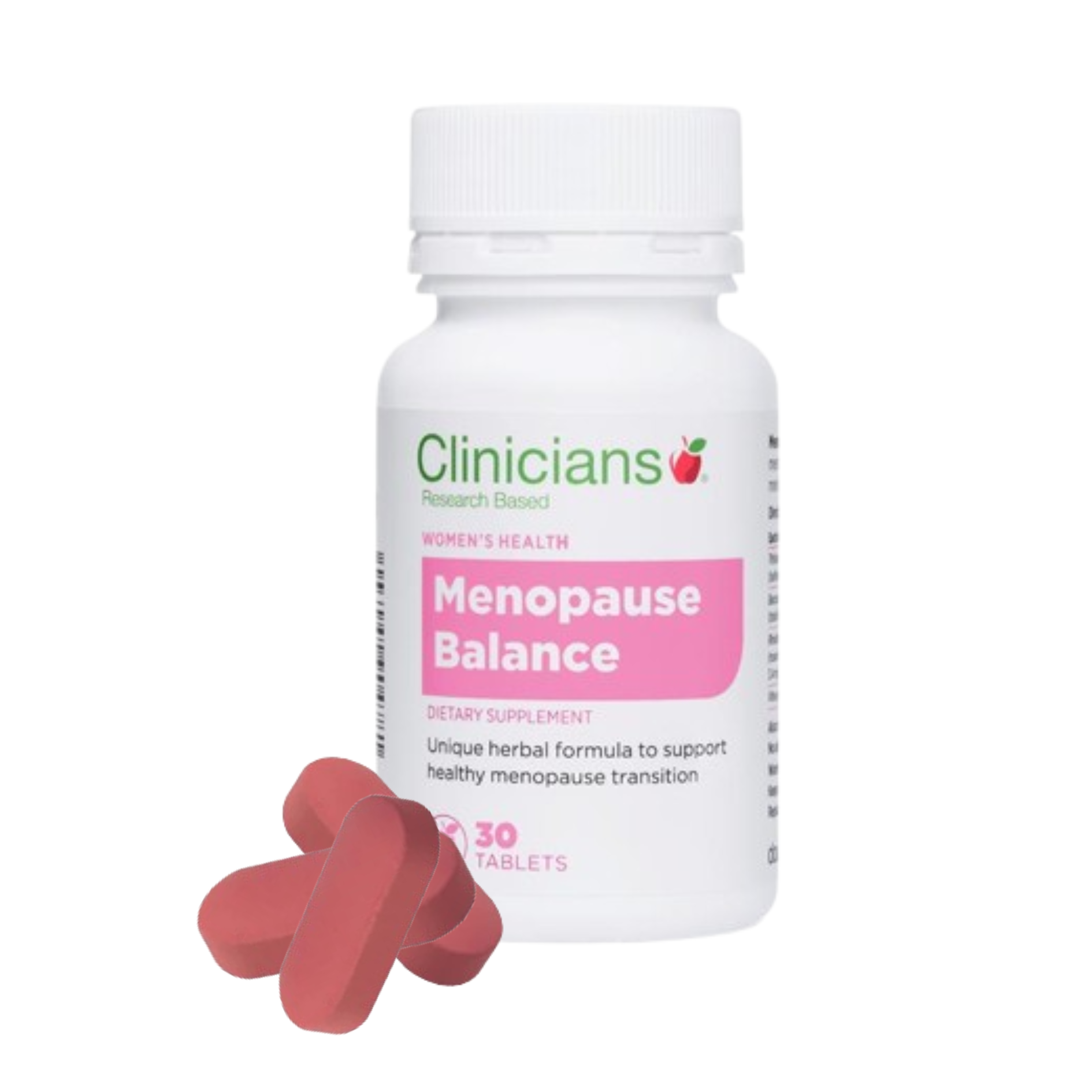

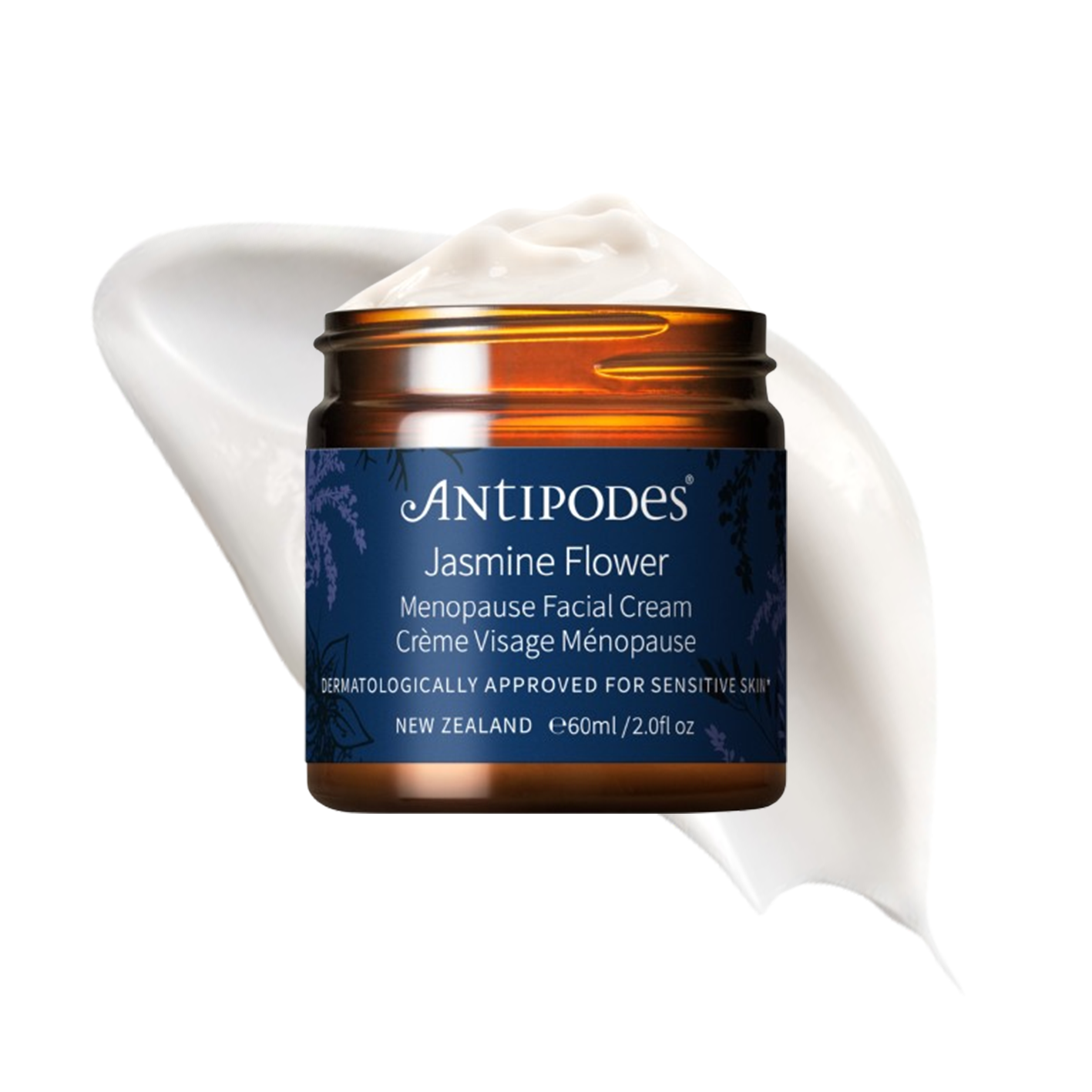


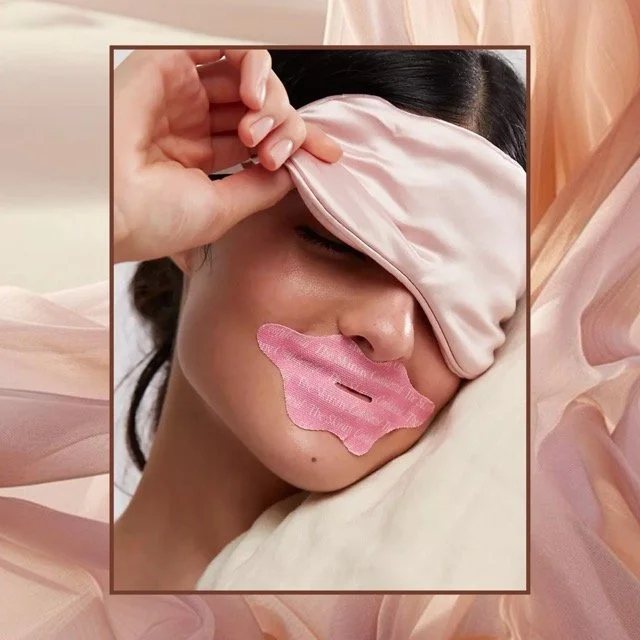



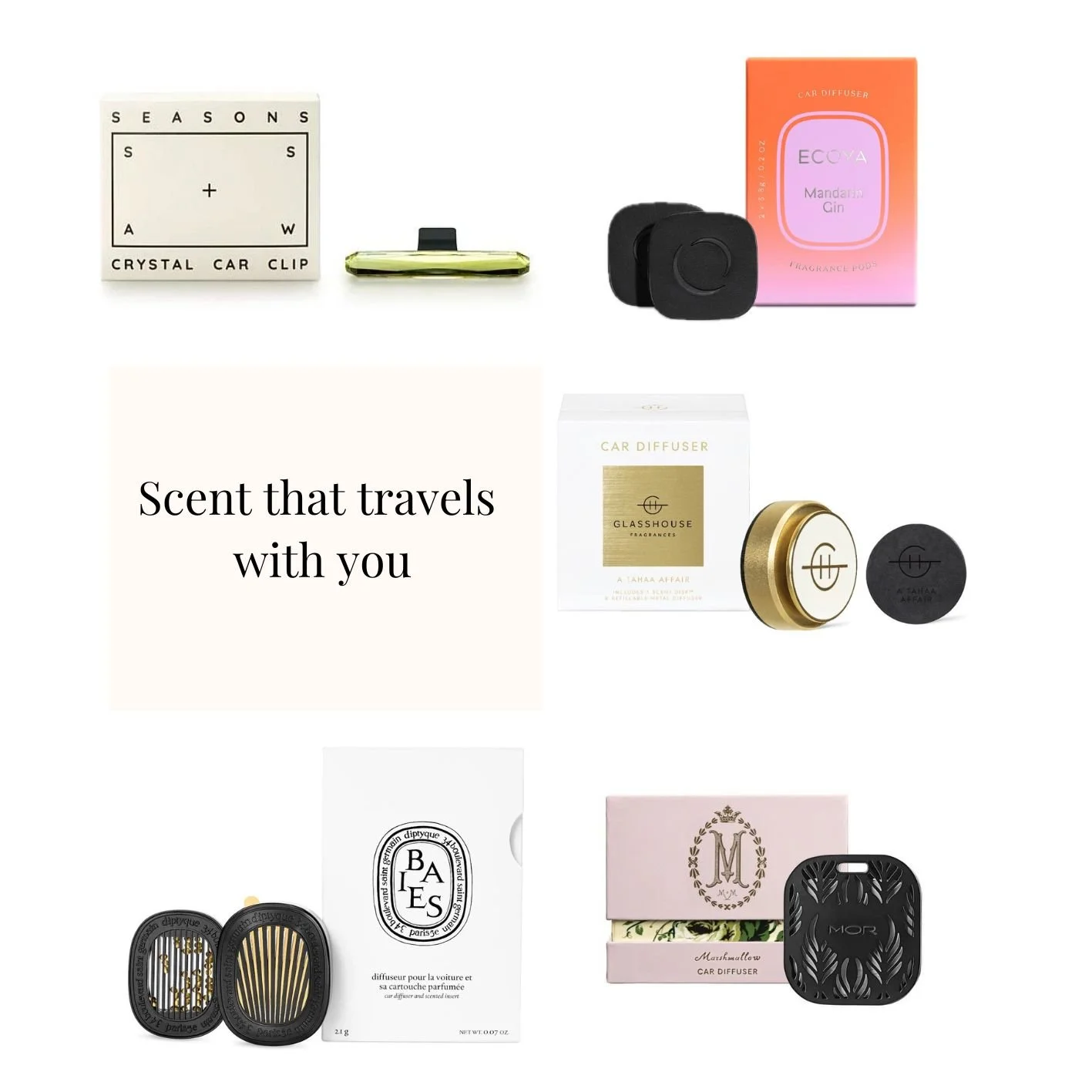





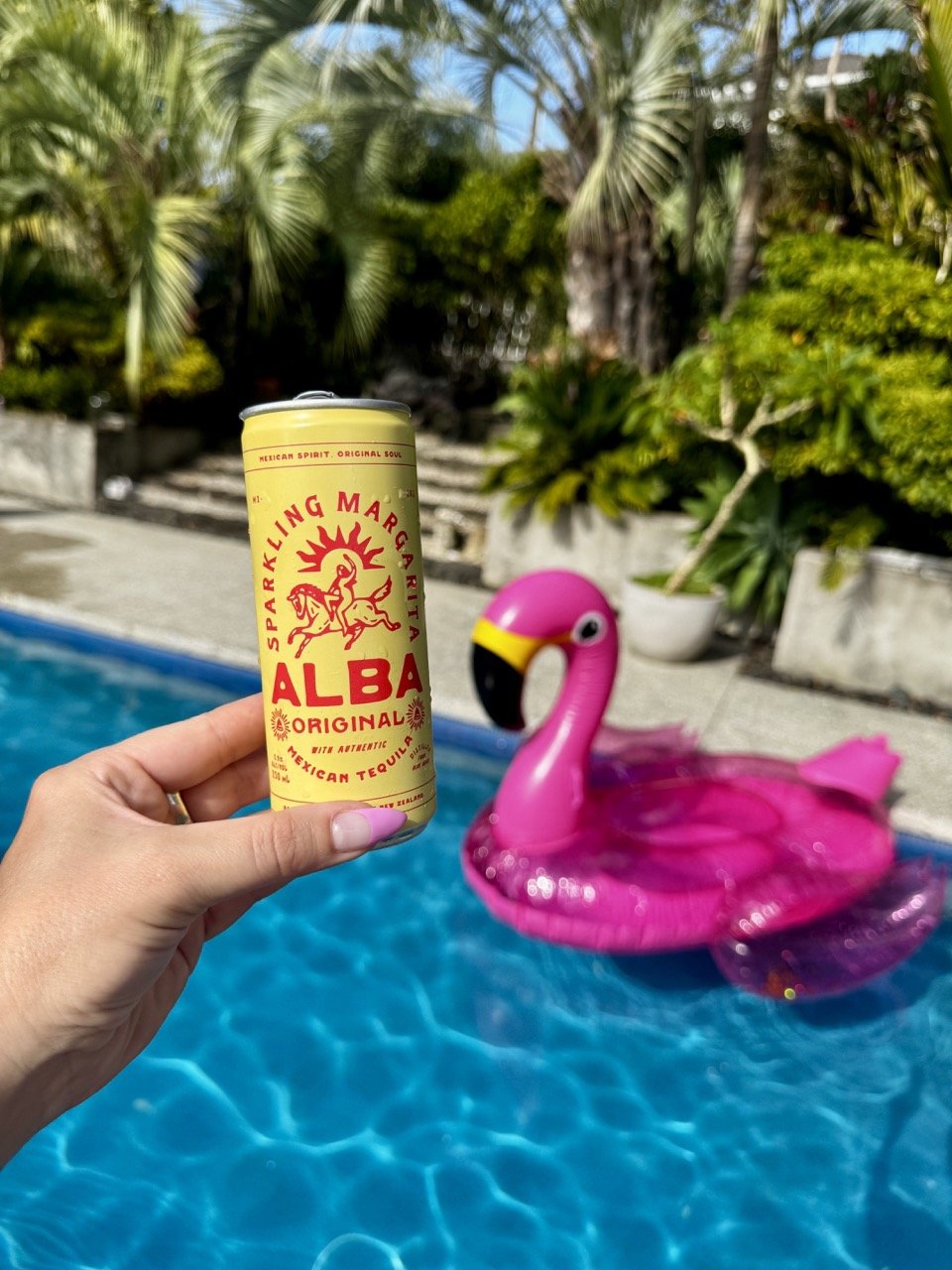





In celebration of Menopause Awareness Month.